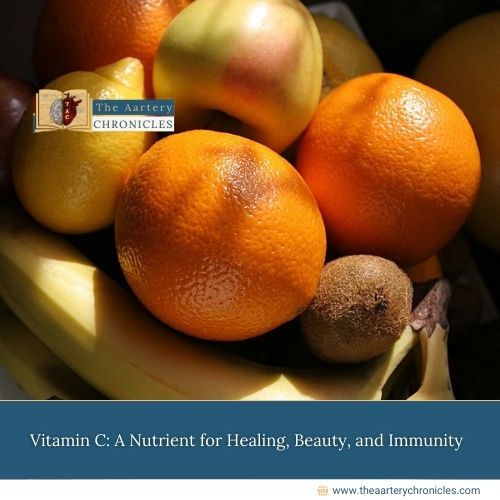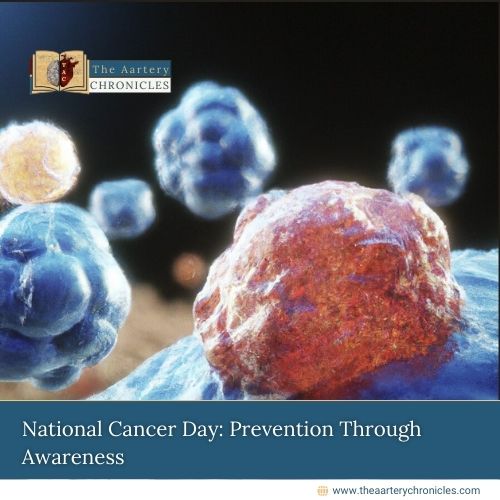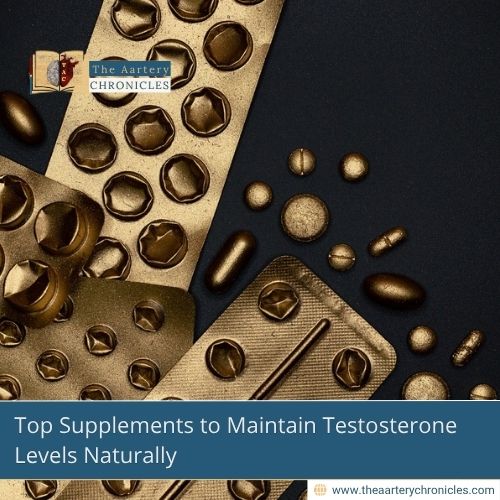

Vitamin C: A Nutrient for Healing, Beauty, and Immunity
Overview
Vitamin C, also known as ascorbic acid, is a vital nutrient that the human body cannot produce on its own. Therefore, it must be obtained through dietary sources. As such, it is an essential component of a healthy diet.
Vitamin C is also a strong antioxidant that protects cells from oxidative damage. It is vital in supporting immune health. Vitamin C is a water-soluble vitamin essential for several bodily functions, such as collagen production and iron absorption. It is present widely in a variety of fruits, vegetables, and leafy greens.
Functions of Vitamin C
Vitamin C plays multiple essential roles in the body, contributing to collagen production, antioxidant defense, and nutrient absorption.
Collagen Biosynthesis: Vitamin C is vital for collagen biosynthesis, a protein essential for maintaining skin, bones, cartilage, and blood vessels, and plays a crucial role in wound healing.
Neurotransmitter and L-Carnitine Synthesis: In addition to collagen production, vitamin C is important for the synthesis of neurotransmitters and L-carnitine and is required for protein metabolism.
Antioxidant Properties: With its powerful antioxidant properties, vitamin C protects against oxidative stress caused by free radicals, reducing the risk of chronic diseases such as cardiovascular disease and cancer.
Iron Absorption: It significantly enhances the absorption of non-heme iron from food, helping prevent anemia.
Skin Regeneration: Moreover, vitamin C aids in skin regeneration
Improving texture of the skin
Reducing aging signs like wrinkles and dryness.
Absorption of Vitamin C
- Around 70% to 90% of vitamin C is absorbed through active transport where the intake ranges from 30-180 mg/day. However, when the intake exceeds this range the absorption efficiency decreases to less than 50%
- Factors affecting vitamin C intake
- Dietary sources: Limited sources of dietary variety can lead to inadequate intake of essential nutrients, including vitamin C, potentially resulting in deficiencies that affect overall health and well-being.
- Prolonged cooking or boiling of food
- Health conditions: Certain health conditions such as gastrointestinal disorders or individuals undergoing cancer treatment may hamper absorption
- Lifestyle factors: Lifestyle factors such as smoking deplete the levels of vitamin C
- Environmental influences: Seasonal availability of fruits and vegetables, geographic locations, and pollution may impact vitamin intakes
Vitamin C: How much do you need daily
According to the National Institutes of Health (NIH), vitamin C intakes should be as follows:
- Males: 90 mg
- Females: 75 mg
- Pregnant individuals: 85 mg
- Lactating individuals: 120 mg
These recommendations are generalized and do not consider bodily factors such as height, weight, and overall health.
Vitamin C deficiency
Inadequate intake of vitamin C can result in a deficiency, leading to conditions such as scurvy and impaired immune function. Although the occurrence of scurvy is global it is most commonly found in countries where there is endemic malnutrition.
Some early indicators of vitamin C deficiency:
- Fatigue
- Weakness
- Joint pains
- Easy bruising
- Swollen gums
Signs of scurvy begin appearing 4 to 12 weeks after insufficient vitamin C intake:
- Dry skin
- Petechiae
- Tooth loss and bleeding gums
- Anemia
- Poor wound healing
- Infections because of poor immune functioning
- Corkscrew hair
Risks of excess Vitamin C
In case of excess vitamin C intake, the body does not store it and flushes out the excess. However, high doses of vitamin C can cause side effects such as:
- Headaches
- Flushed skin
- Abdominal cramps
- Upset stomach
- Bloating
- Diarrhoea
High levels of vitamin C supplementation can put an extra burden on the kidneys.
Food sources of vitamin C
Some common dietary sources of vitamin C are:
- Kakadu Plum
- Guava
- Orange
- Indian gooseberry
- Bell peppers
- Kiwi
- Cantaloupe
- Broccoli
- Acerola Cherries
- Strawberries, papayas, etc.
Vitamin C in Skincare and cosmetics
Recently vitamin C has gained popularity in skincare and cosmetics owing to its pivotal role in collagen synthesis and antioxidant properties. According to the experts, topical application of vitamin C can help in
- Reducing signs of aging such as wrinkles
- It significantly improves skin texture
- Protects against UV damage if used with sunscreen.
Vitamin C is believed to inhibit the production of melanin hence it is used in the treatment of hyperpigmentation. As per several research reports using stabilized forms of vitamin C in skincare routine can
- Improve skin health
- Enhance radiance
- Give a youthful appearance to the skin
Some common forms of Vitamin C in skincare products:
- Serums
- Lotions
- Creams
- Cleansers
- Masks
Conclusion
From immune function to skin health, vitamin C is a crucial nutrient with several health benefits. While its deficiency can cause severe conditions such as scurvy, excess vitamin C intake can also have considerable side effects. Moreover, a balanced diet that is rich in all kinds of vegetables, fruits, and other sources of vitamin C is important to ensure sufficient vitamin intake. Beyond bodily vitamin C has also become popular in the world of cosmetics due to its antioxidant properties. Adequate vitamin C is essential for both the internal health and external appearance.









